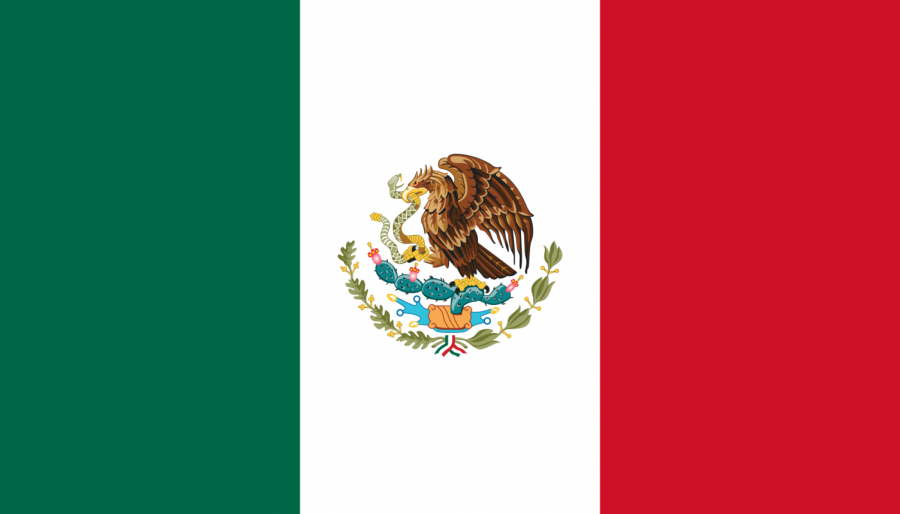Mexico’s legal cannabis market could generate USD $2.1 billion within first four years
If the Founder and Executive Chair of New Frontier Data, Giadha A. DeCarcer, is correct in her latest prediction, Mexico’s yet-to-be-launched legal cannabis market could generate upwards of $2.1 billion within its first four years of operation.
Acknowledged as the official founder of the acclaimed Washington D.C.-based premier data, analytics and technology firm, DeCarcer announced the optimistic projection ahead of her opening keynote speech at the recently-held CannabiSalud Business & Investment Conference in Cancun, Mexico.
Considering the fact that Mexico is in a prime position to act as a bridge connecting the well-established North American cannabis markets with the nascent markets that are transpiring across Latin America, she makes a good point.
Mexico’s prohibitionist stance towards cannabis is easing
Since the Mexican Supreme Court deemed cannabis prohibition unconstitutional three years ago, the country has made significant progress in the right direction. Cannabis became a hot topic in 2020, when the MORENA Party’s Sen. Jesusa Rodríguez adorned her desk with a cannabis plant.
The biggest obstacle was overcome late last year, when the Senate approved a legalization measure that was subsequently revised by the Chamber of Deputies and passed in March, before the amended version was cleared by a handful of Senate committees.
Despite its approval by Senate committees, Mexico’s cannabis legalization bill was forced to undergo further amendments as per the request(s) of Senate leaders. According to Senate Majority Leader Ricardo Monreal, additional revisions may be required to ensure the bill is 100 percent ready for adoption.
About Mexico’s cannabis legalization bill and suggested revisions
In the event that lawmakers decide to fully adopt Mexico’s legal cannabis bill, adults aged 18 and above would be legally allowed to buy and possess 28 grams of the plant. In addition to this, adult residents could grow a maximum of six plants for personal consumption from the comfort of their own home.
However, a handful of prominent changes were made to Mexico’s cannabis legalization bill by the Chamber of Deputies, such as rules that highlight the prospective industry’s regulatory structure, guidelines for licensing and commercial sales, and additional amendments that would reinforce discipline among Mexicans who are unlawfully caught in possession of large quantities of cannabis.
Moreover, deputies who maintain the power to act on Mexico’s cannabis laws want to protect forested territories from being transformed into cultivation sites, instruct regulators to “coordinate campaigns against problematic cannabis use,” and “develop permanent actions to deter and prevent its use by minors and vulnerable groups.”
The most important revision seeks to eliminate the establishment of a new independent regulatory body that would have been tasked with providing in-depth oversight for the licensing and implementation of Mexico’s legal cannabis program; based on the condition in which it gained Senate approval. Rather, the National Commission Against Addictions (which already exists) is advised to take on the aforementioned duties.
Moving forwards, key legislative leaders of various political Mexican parties are striving to place the subject of cannabis legalization at the top of their agenda this session.








